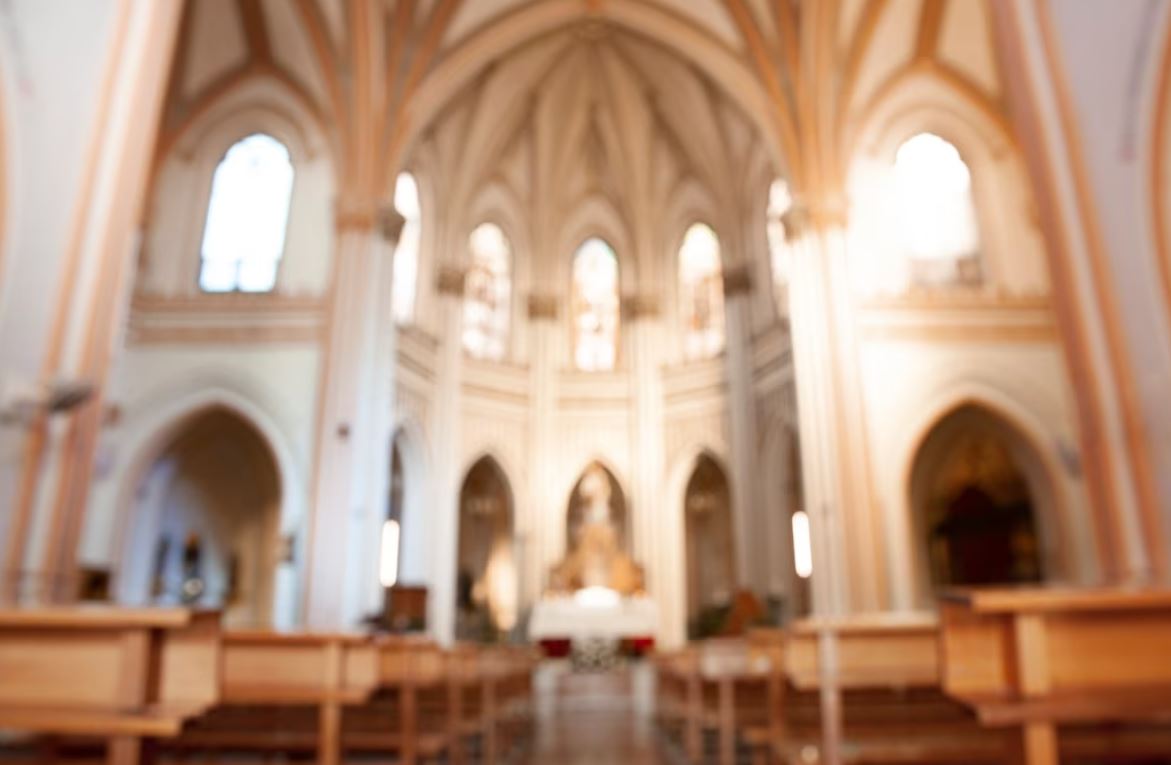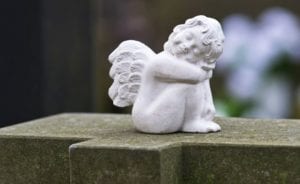Cremation has been a part of human history for thousands of years, but its popularity has varied throughout different cultures and periods. Today, cremation services in Johnstown, PA are becoming an increasingly common choice for families planning funerals. In this article, we will explore the history of cremation, the factors contributing to its popularity, and the variety of services available for families considering this option.
Ancient Origins of Cremation
The practice of cremation dates to ancient civilizations, with evidence of cremation ceremonies dating back as far as 20,000 years ago. Early cultures such as the Vikings, ancient Greeks, and Romans practiced cremation to honor their deceased. In these early societies, cremation was often reserved for high-ranking individuals or performed as part of elaborate rituals. The reasons for choosing cremation varied, from religious beliefs to practical concerns such as limited burial space or the desire to prevent the spread of disease.
The Role of Religion in Cremation’s Popularity
Throughout history, religious beliefs have played a significant role in accepting or rejecting cremation. Hinduism has long embraced cremation to free the soul from the body, while Buddhism also permits the practice. In contrast, traditional Jewish and Islamic teachings forbid cremation, favoring burial. Christianity’s stance on cremation has evolved; while early Christians often opposed the practice, many modern denominations now accept it as an alternative to burial.
The Modernization of Cremation
In the past few centuries, technological advances and changing societal norms have contributed to the rise in the popularity of cremation. The development of modern cremation methods and equipment in the late 19th and early 20th centuries made the process more efficient and sanitary, making it a more appealing option for families. The growing trend towards secularism in Western societies has also contributed to cremation’s popularity, as individuals increasingly prioritize personal preferences over religious traditions when planning funerals.
Environmental and Economic Factors
Another driving force behind the increased demand for cremation services is the growing awareness of environmental and economic concerns. Cremation is often considered more environmentally friendly than traditional burial, requiring less land and fewer resources. Additionally, cremation services can be more cost-effective than burial, with fewer expenses for purchasing a burial plot, headstone, and other associated costs.
Cremation Services in Johnstown, PA
As the demand for cremation services grows, funeral homes have adapted to offer various cremation options to meet the needs of local families. Families can choose from direct cremation, which involves the immediate cremation of the deceased without a funeral service, or more traditional options, including a visitation, funeral service, or memorial service followed by cremation. Customizable urns, keepsakes, and other memorial products are also available to help families commemorate their loved ones meaningfully.
 Conclusion
Conclusion
The history of cremation is a fascinating journey highlighting the various factors contributing to its growing popularity today. As more families choose cremation services in Johnstown, PA, for their loved ones, it’s essential to understand this practice’s rich history and cultural significance. If you’re considering cremation for yourself or a family member, Hindman Funeral Homes & Crematory, Inc. offers compassionate and professional cremation services tailored to your unique needs. To learn more about the history of cremation, the available options, and how they can best serve you and your family, contact their team of experienced professionals for a consultation.


